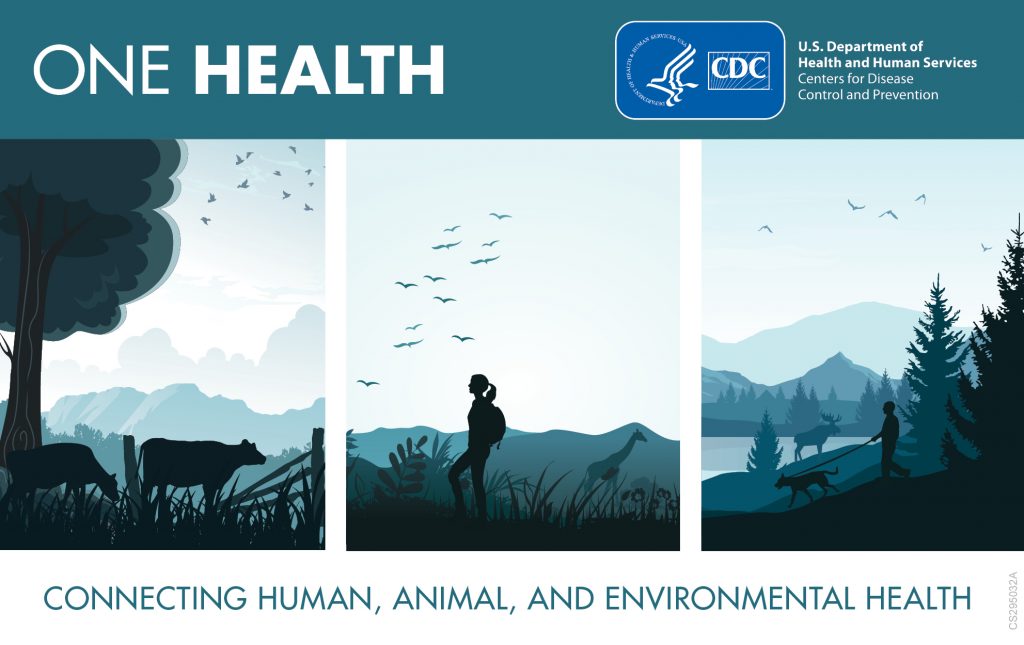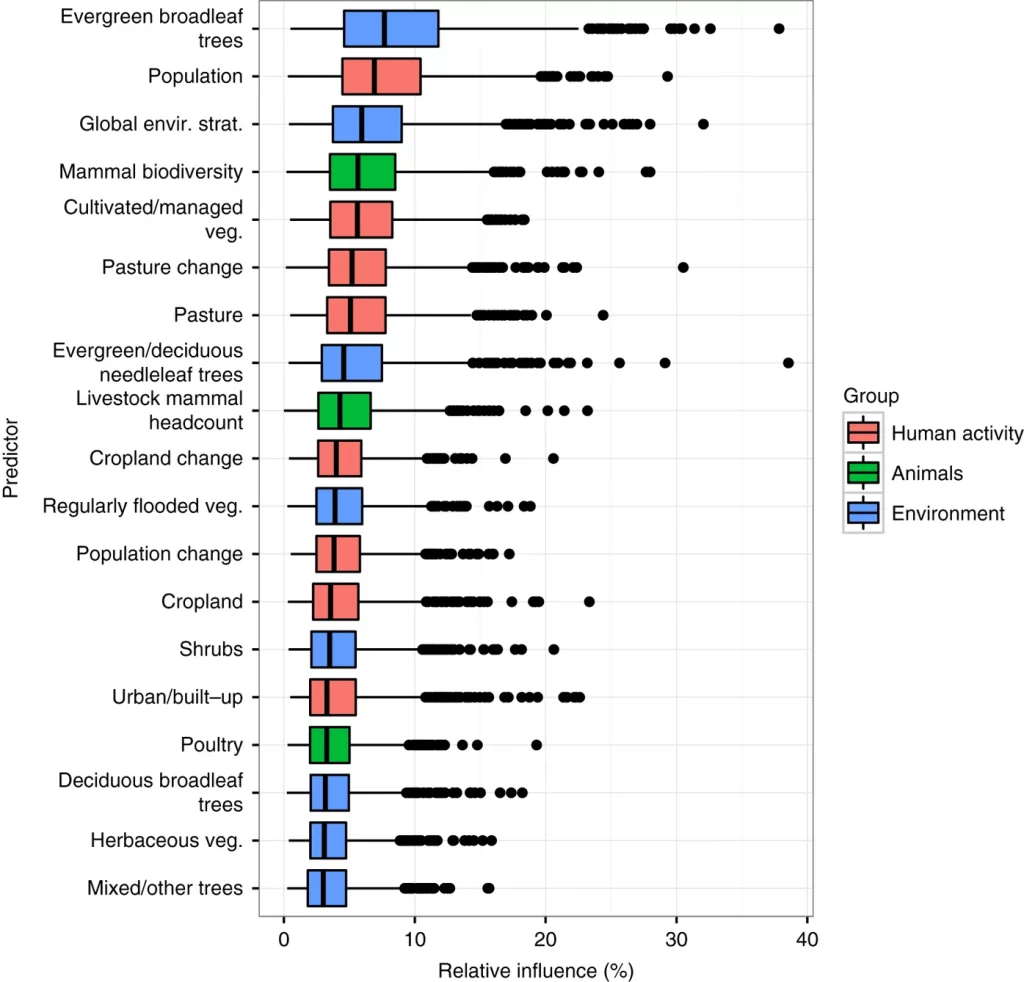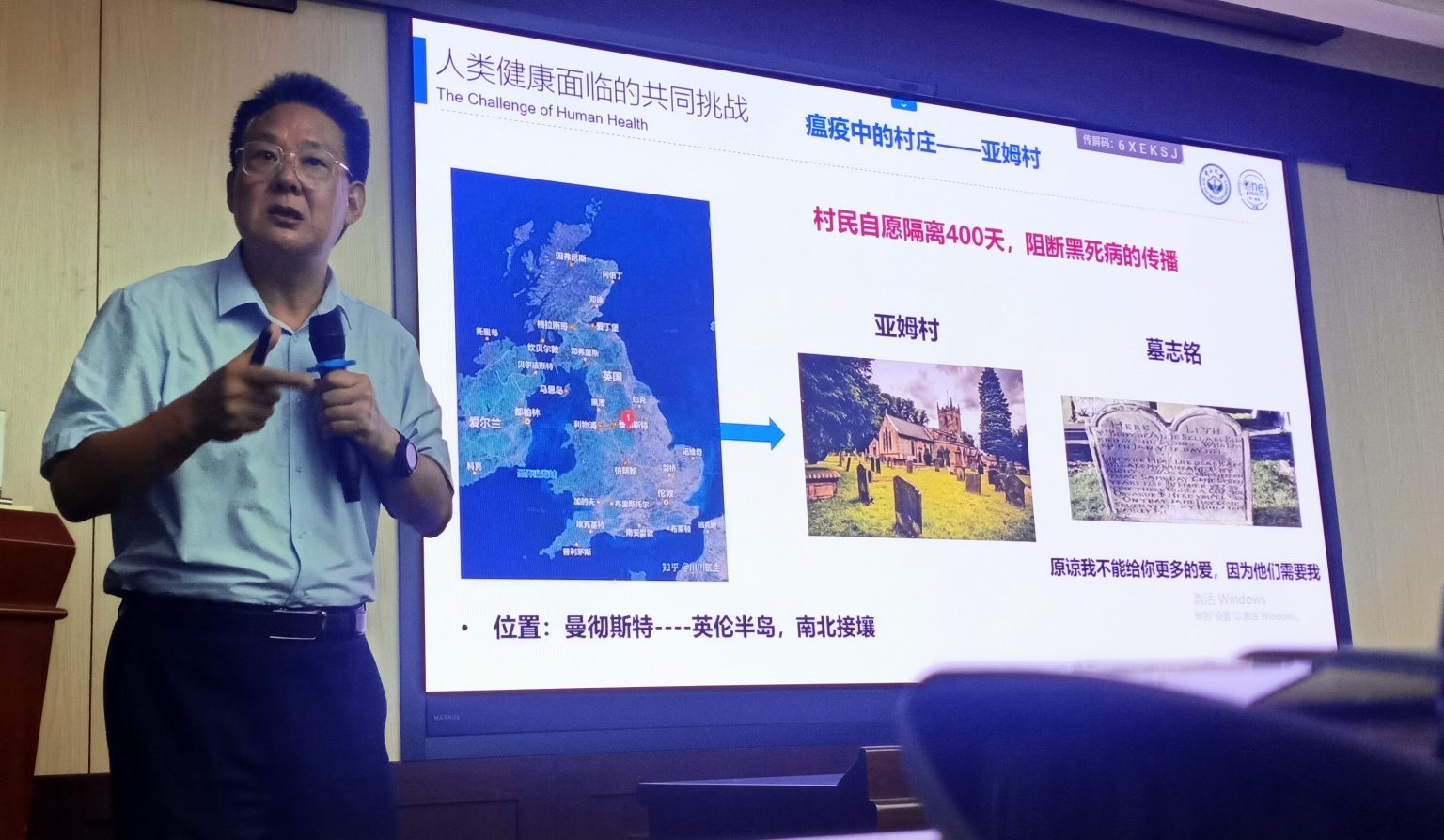One Health
An essential approach to address health issues including emerging zoonotic diseases, climate change impacts, and the human-animal bond.
Makliya Mamat / September 17, 2022
Last week, I attended a talk given by Professor Jiahai Lu from the School of Public Health, Sun Yat-Sen University. I learned that number of academic and professional institutions in Guangdong, China, are working together to develop One Health partnerships in research and training. Together, they are sponsoring multiple research projects and an International Symposium on One Health Research.
What is One Health?
Today’s health problems are frequently complex, transboundary, multifactorial, and across species, and if approached from a purely medical, veterinary, or ecological standpoint, it is unlikely that sustainable mitigation strategies will be produced.

One Health is the idea that recognizes that the health of humans, animals, and ecosystems are interconnected. It involves applying a coordinated, collaborative, multidisciplinary and cross-sectoral approach to address potential or existing risks that originate at the animal-human-ecosystems interface’.
With the financial and political backing of international organizations such as the World Organisation for Animal Health, Food and Agriculture Organization of the UN, WHO, UN, and World Bank, One Health is transforming from an interdisciplinary collaboration to global health governance.
The One Health approach is particularly relevant for food and water safety, nutrition, the control of zoonoses (diseases that can spread between animals and humans, such as flu, rabies, and Rift Valley fever), pollution management, and combatting antimicrobial resistance (the emergence of microbes that are resistant to antibiotic therapy).

One Health in China
As emphasized by Professor Lu in the conference, China is vulnerable to zoonotic disease transmission due to a large agricultural workforce, a sizable domestic livestock population, and a highly biodiverse ecology.
The recent COVID-19 pandemic, resulting from the introduction of a novel coronavirus (SARS-CoV-2) to the human population, exemplifies challenges with emerging zoonotic diseases. SARS-CoV, the virus that caused severe acute respiratory syndrome (SARS) in humans and spread worldwide in 2002–2003, is thought to have originated in bats before spreading to civets in a wildlife market in Guangdong Province.
One Health in Action
As we can see, taking a One Health approach that recognizes the relationship between human, animal, and environmental health is key to sustainably addressing various health problems.
With Covid19, Monkeypox, and other outbreaks arising around the world, people are more eager to learn about the facts, knowledge and useful tools for disease prevention than ever before. And I think it’s a good opportunity to promote One Health among program managers and NGOs or health workers at the international, national, and local levels.

Contents
Newsletter
- Updates from Makliya Notes will be delivered to your inbox.

